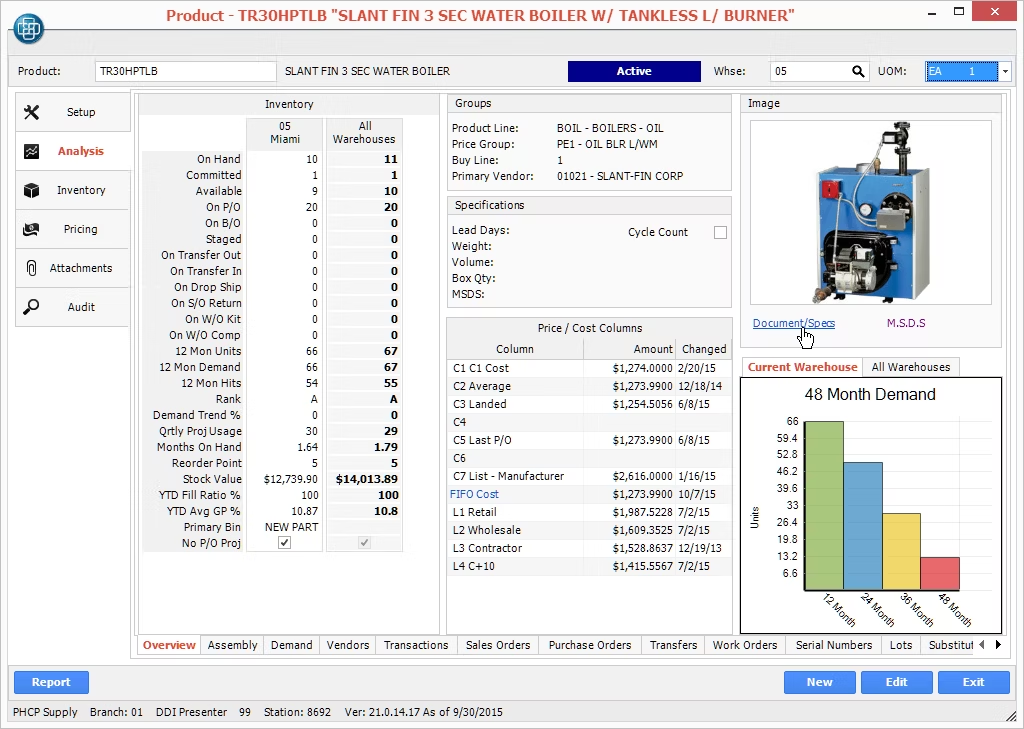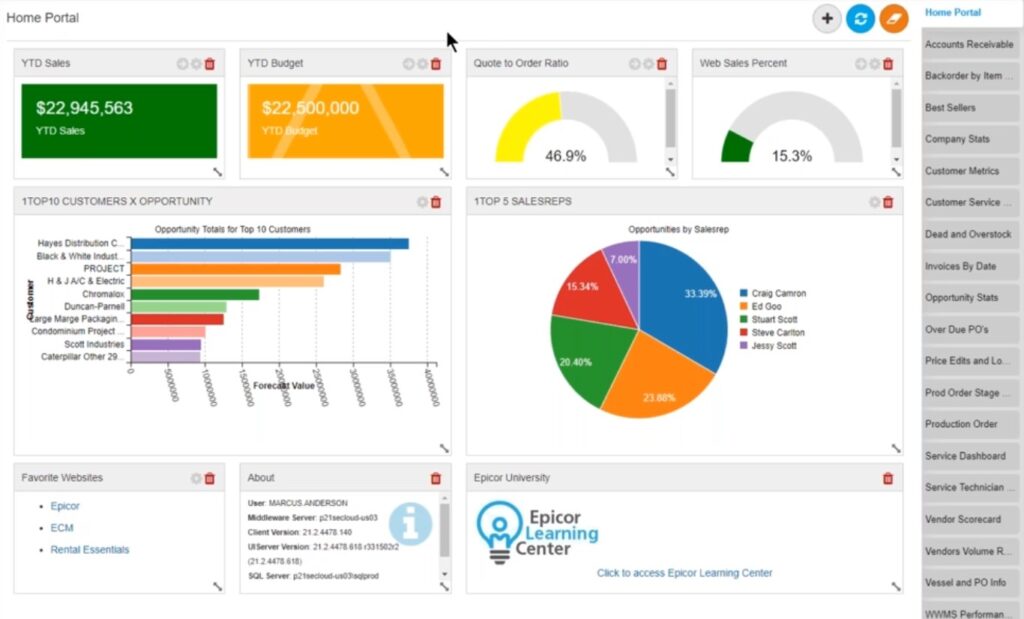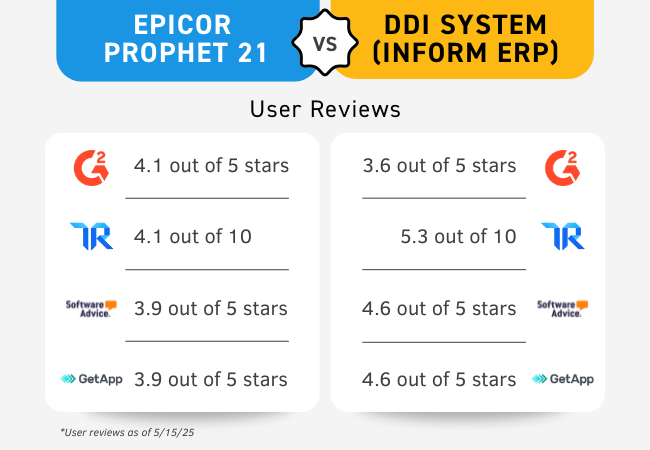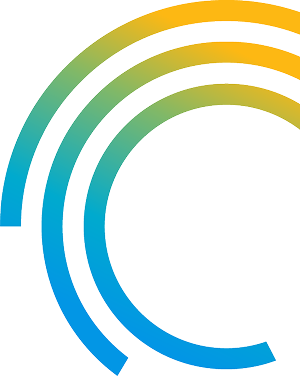Imagine spending hours researching the perfect ERP system, only to feel more confused than ever about which option truly fits your business needs.
If that sounds familiar, you’re not alone—many business owners and managers have been in your shoes. This article breaks down the features, pricing, and user ratings to help you decide what will work for your business needs.
Key Takeaways: Pros and Cons of Epicor Prophet 21 vs DDI System
| Epicor Prophet 21 | DDI System (Advantive’s Inform ERP) | |
|---|---|---|
| Pros |
|
|
| Cons |
|
|
Overview of DDI System (Advantive’s Inform ERP)
Advantive’s DDI System ERP is a distribution-focused software solution designed to streamline operations for wholesale distributors. It integrates key business functions such as sales, inventory, customer management, and financials into a centralized platform.
Known for its user-friendly interface and modular design, DDS Systems ERP is well-suited for small to mid-sized businesses looking to optimize their processes without overwhelming complexity.
Key Features of DDI Systems:
- Centralized Operations: Combines sales, inventory, and financial management for seamless workflows.
- Automation: Reduces manual tasks like order entry and reporting, improving efficiency and accuracy.
- Scalability: Modular design allows businesses to add features like ecommerce integration as they grow.
- Advanced Analytics: Predictive analytics and customizable dashboards provide actionable insights.
- Ease of Use: Intuitive interface minimizes the learning curve for new users.
Overview of Epicor Prophet 21
Epicor Prophet 21 is a cloud-based ERP built by distributors for distributors. It’s specially made for businesses in the HVAC, electrical, fasteners, and industrial supply equipment distribution verticals.
Epicor is the leader in ERP solutions for the distribution industry, with 41% of the top 50 largest distributors relying on Prophet 21 to run their business and seamlessly connect with the entire ecosystem of suppliers, customers, and employees.
Key Features of Epicor Prophet 21:
- Cloud-Based Infrastructure: Provides mobility and scalability for growing businesses.
- Advanced Forecasting: Machine learning tools for demand planning and inventory optimization.
- Customizable Dashboards: Enables tracking of KPIs with tailored reporting tools.
- Integration Capabilities: Supports connections with third-party applications via APIs.
- Industry Expertise: Over 50 years of experience in distribution-focused solutions.
Related reading: Epicor Prophet 21 Explained: Features, Benefits, and Pricing
DDI System vs Prophet 21 Feature Comparison
Customization
- DDI System: Modular design allows businesses to add functionality as needed without overhauling the system. However, users mention that additional customization can create headaches and increase costs due to the lack of out-of-the-box integrations.
- Epicor Prophet 21: Offers deep customization options without altering source code, providing flexibility for complex needs. Business rules and API integrations help customize processes based on business needs.
Reporting & Analytics
- DDI System: Includes predictive analytics with data visualization tools for better decision-making.
- Epicor Prophet 21: Features machine learning-driven forecasting and customizable dashboards for KPI tracking.
Inventory Management
- DDI System: Real-time inventory tracking ensures accurate stock levels across multiple warehouses.
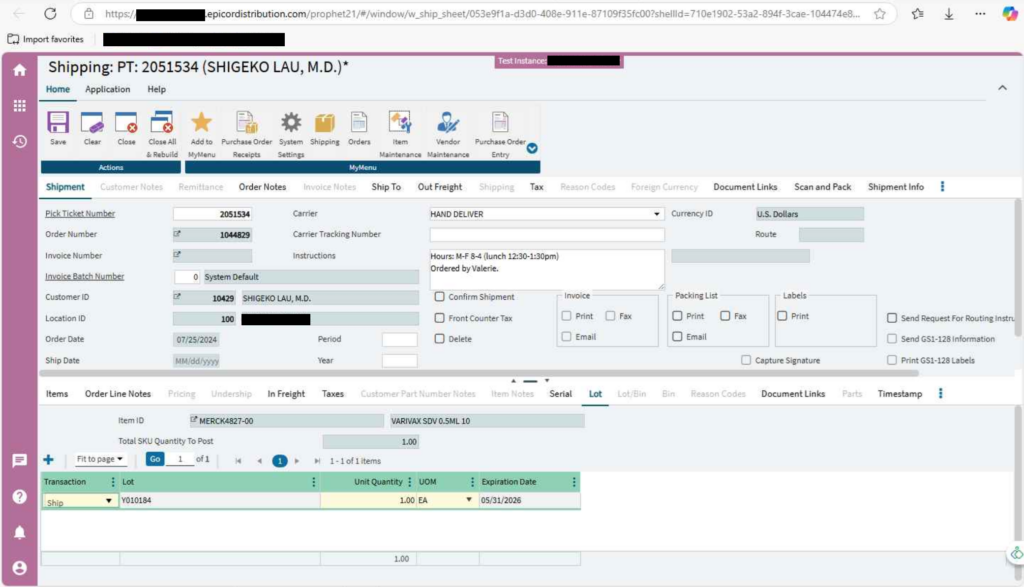
Prophet 21 Shipping Lot Detail
- Epicor Prophet 21: Advanced demand forecasting tools optimize inventory management for larger operations.
Order Management
Both systems streamline order processing with quoting, tracking, and fulfillment tools.
- DDI System: Streamline orders with automated proof of delivery, signature capture, and advanced POS processing. It easily tracks and resolves warranty claims with integrated tools.
- Epicor Prophet 21: Users can enter and convert quotes to orders from a single screen, whether orders come in by phone, online, or at the counter. The system connects directly to your warehouse, allowing you to check stock availability, track incoming inventory, and access customer order history in real-time.
Diving deeper into the differences and similarities between ERP software, there is a lot in common. Prophet 21 stands out for its deep integration with warehouse operations, advanced pricing analytics, and strong support for multi-channel fulfillment.
User reviews indicate Prophet 21 is well-suited for businesses needing scalability and advanced inventory control, while DDI System is often chosen by distributors seeking a combined operations and CRM platform.
| Feature | Epicor Prophet 21 | DDI System (Advantive Inform ERP) |
|---|---|---|
| Real-Time Inventory Visibility | Yes – supports real-time inventory updates | Yes – always know what’s in stock and available to promise customers |
| Order Automation | Yes – supports automated order processing | Yes – automates order entry, processing, and fulfillment |
| Quote-to-Order Conversion | Yes – supports similar workflow | Yes – convert quotes to orders from a single screen |
| Suggestive Selling | Yes – supports related item suggestions | Yes – recommends go-together items and substitutions |
| Integrated Shipping Management | Yes – supports shipping integrations | Yes – automates shipping labels, tracking, and carrier selection |
| Customer Communication | Automated notifications | Automated order status and tracking updates |
Compliance DDI Systems vs. Prophet 21
Epicor Prophet 21 stands out for its comprehensive compliance features, especially for distributors operating in regulated industries or across multiple regions. Prophet 21 includes built-in audit trails, configurable user permissions, and security controls to support transparency and data integrity.
The system is regularly updated to align with new regulations, reducing the manual effort required to stay compliant.
Industry-specific modules, such as batch inspection for food and beverage distributors, address requirements like FSMA, the Bioterrorism Act, and Country of Origin Labeling.
Prophet 21 also supports international operations with multi-currency, multi-language, and tax compliance tools.
Automated reporting and alerts help businesses quickly identify and correct compliance issues, minimizing risk of penalties.
DDI Systems (Advantive’s Inform ERP) offers compliance features focused on data security, access control, and auditability.
DDI System ERP uses strong encryption, user authentication, and granular permissions to protect sensitive data.
Automated compliance checks and audit tools help businesses follow legal and industry standards, though user reviews note that compliance features are more general and may not go as deep into industry-specific or international requirements as P21.
DDI’s compliance tools are effective for most small to mid-sized distributors, but the system may require additional customization or manual processes for highly regulated or multinational operations.
| Feature | Epicor Prophet 21 | DDI Systems (Inform ERP) |
|---|---|---|
| Audit Trails & Security | Yes, extensive | Yes, with strong data controls |
| Industry-Specific Compliance | Yes, with dedicated modules | General compliance tools |
| International Compliance | Multi-currency, multi-language, tax | Limited |
| Automated Compliance Reporting | Yes, with alerts | Yes, but less granular |
| Customization for Compliance | Can be costly, often requires paid consulting | Can be costly, less flexible |
Pricing and Setup
Pricing details for both systems are typically provided upon request due to variability based on business size and requirements. Neither platform charges an entry-level setup fee, but implementation costs can vary significantly depending on complexity.
User Ratings and Reviews
Distribution Industry Solutions
Both systems are highly rated for their ability to meet the needs of distributors in industries like HVAC, medical supplies, and industrial equipment.
We gathered user reviews across the web and Epicor Prophet 21 takes the lion’s share of reviews, boasting 200+ user reviews. DDI system has a smaller sample size, closer to 100 total reviews, but maintains a decent rating across the board.
Usability
- DDI System: Praised for its intuitive interface that simplifies training and daily use.
- Epicor Prophet 21: Offers robust features but has a steeper learning curve due to system complexity. User Aaron P. on Trust Radius comments in his review, “With a few rare exceptions, functions within the application have been streamlined so they can be used with as few clicks and key presses as possible. “
Customer Support
- DDI System: Support is available over phone, email, and live chat to help resolve issues. Some users report that support can be slow.
- Epicor Prophet 21: Provides responsive customer service. Epicor offers round-the-clock access to EpicCare, a dedicated support portal where users can submit support tickets, access product documentation, download software updates, and stay informed about system status and service issues.
User Training
Selecting the right ERP system is only part of the practical user training essential for driving adoption and getting the most bang for your buck.
Both DDI System and Epicor P21 recognize that every organization’s needs are unique, offering comprehensive training resources to help teams confidently use their platforms. Here’s how each solution approaches user training:
- DDI System: Offers comprehensive training programs tailored to individual business needs. Support is available over phone, email, and live chat to help resolve issues.
- Epicor Prophet 21: Comprehensive training programs can transform your team into Prophet 21 power users. Customized workshops and process documentation help eliminate costly workarounds, improve productivity, and ensure consistent performance across departments.
Implementation
Both systems require careful planning during an ERP implementation; however, DDI’s modular approach simplifies scaling, while Prophet 21’s cloud-based infrastructure ensures flexibility.
Integration and Scalability
Both systems integrate with third-party applications like e-commerce platforms and accounting software. Epicor’s API supports extensive customization, while DDI’s modular design supports incremental growth.
Return on Investment (ROI)
Both platforms deliver significant ROI through automation, improved inventory management, and streamlined workflows.
- Advantive’s DDI Systems ERP doesn’t explicitly state how long it takes to deliver positive ROI for distributors. It’s typical for businesses to see measurable benefits and a positive ROI anywhere from 1 to 5 years after an implementation.
- Epicor Prophet 21 is recognized for delivering fast payback-often within 18 to 36 months connecting all aspects of distribution operations, providing actionable financial insights, and supporting advanced pricing strategies that protect margins
User reviews and industry analysis show both platforms deliver strong financial returns, but Prophet 21 stands out for its pre-configured, industry-specific features and AI-powered analytics, which can accelerate time-to-value for growing distributors.
The Final Verdict
Choosing between DDI System and Epicor Prophet 21 depends on your business size, industry needs, and growth plans:
- DDI System is an excellent choice for small distributors seeking an affordable ERP that boasts ease of use and scalable features.
- For distributors looking to scale and grow, Prophet 21 is your go-to ERP. Prophet 21 boasts advanced forecasting tools to help you future-proof your complex supply chains.
If you’re still unsure which ERP system best suits your needs, contact Conveyance Solutions to schedule a conversation with our experts. We specialize in matching you with a solution that makes sense for your business.
FAQ:
What are the main differences between DDI System and Epicor Prophet 21?
DDI excels in user-friendliness and modularity, while Epicor offers advanced forecasting tools but has a steeper learning curve.
Which software is better for small businesses?
DDI System is better suited due to its intuitive interface and lower implementation complexity.
How do the pricing models compare?
Pricing for DDI System starts at $10,000. Epicor Prophet 21 does not publicly list pricing details. To obtain specific information suited to your business needs, we recommend reaching out directly to Epicor or starting a conversation with one of Conveyance Solution’s ERP experts.
Can both systems integrate with other business tools?
Yes, both systems support integration with third-party applications like CRM platforms and eCommerce solutions. However, user reviews mention that DDI Systems doesn’t integrate well with 3rd party software due to its closed-source software.
The information and opinions expressed in this article are based on research from various online sources and our own insights, and are provided for informational purposes only. We make no representations as to the accuracy or completeness of any information on this site or found by following any link on this site.
Ready to see the difference a Platinum Partner can make?
Learn more about how we can help make data work better for you.

